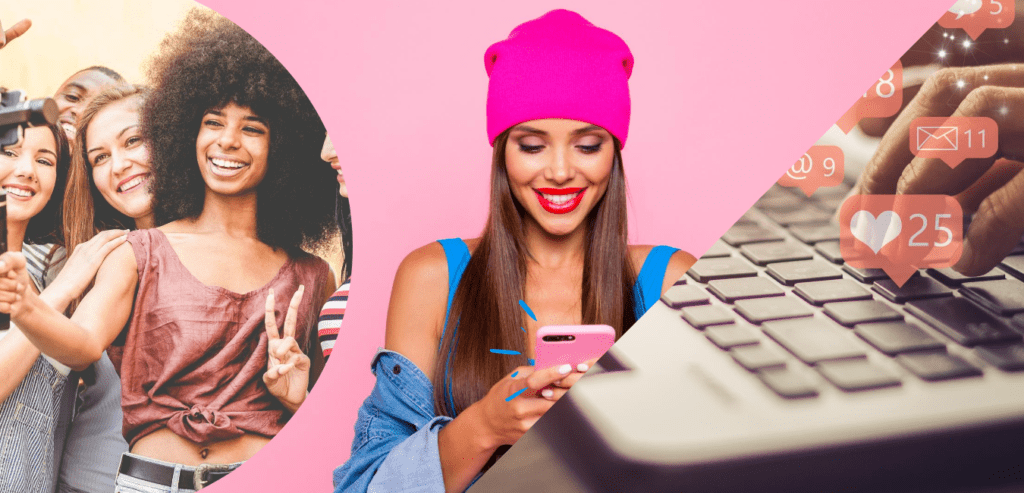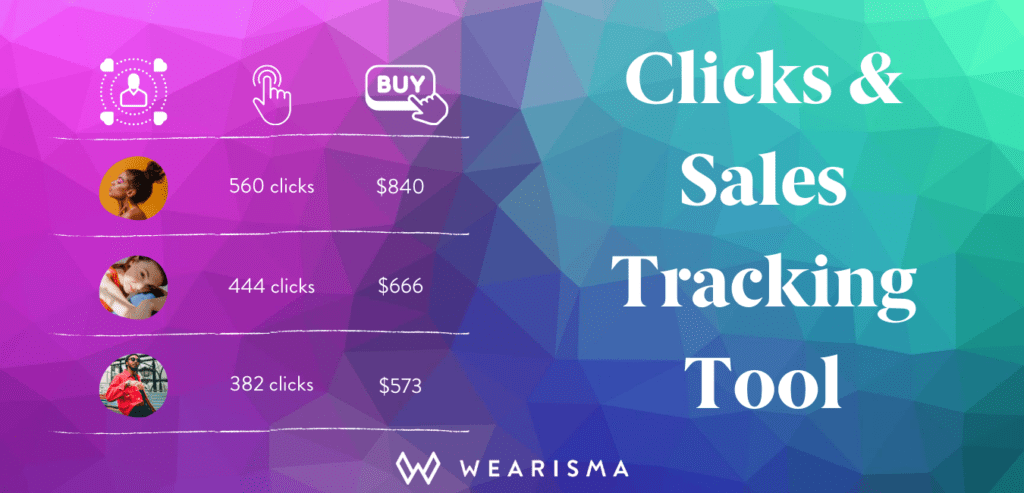
The Real Deal : Is Influencer Marketing losing its authenticity?
Consumer behaviour, traditionally, is an sub-conscious or considered act encouraged to take place when influenced by a greater, more powerful and seemingly trusted voice. Where print publications and TV ads used to dictate the purchasing habits of targeted markets around the world, now influencer marketing is the go-to guide of what to buy, where to buy it and most importantly, when.
Online marketing through social and digital is nothing startlingly new, and brands have all but some, entered into this new territory swiftly turning away from their hesitation and resentment by embracing a new platform of communication. Now that brands, marketeers and agencies alike have got their grip on influencer marketing, it’s become a case of battle of the fittest, with big names and boutique individuals clambering to come out on top, amidst all this noise and traffic, are brands forgetting the one thing audiences really care about? The one thing in-fact that made influencer marketing the success it is. Is truth and authenticity now suddenly being compromised simply to boost figures and drive up numbers?
Eva Chen, former Lucky Magazine editor and now Instagram’s fashion community trail blazer, firmly believes that it should’t be a numbers game.”Brands should embrace the opportunities social media and digital marketing presents with creative, engaging and original content”. Something perhaps some brands and marketeers have begun to let slip in the bid to increase their ROI, so what’s more important? It seems that influencer marketing in a way is giving consumers what they want to see and hear in it’s truest most trusted form, but the constant pressure to monetise, big time, off the back of said content is proving difficult to balance. So is authenticity within influencer marketing being compromised?
If we look back to the very start of the big influencer bang when brands were just getting to grips, the message and intent behind what was being shown to audiences and consumers was organic, new, original and at the time, relatively authentic and true. Now there are even new laws in place which states any influencer who has been gifted and or is being paid to promote a certain brand or product must specify so in the content, usually with a specific hashtag which states that said content is part of intentional advertisement.
So what does this mean for both brands and influencers? The blatancy and easy-to-spot feel to influencer marketing as it stands now within social shows no sign of slowing down despite this, with over 70% of Black Friday sales reported to be a result of the media voices of online marketing and non traditional advertising. Brands will do, and should do, what it takes to shift stock and push products, meaning it looks unlikely they will abandon the voices of modern media just yet, no matter how obvious it may seem.
As more influencers rise to the surface each day, the market will continue to fill and as a result will become increasingly competitive. Yet. This is isn’t to say that your favourite Instagram style star or You-tube personality is being disingenuous, it’s highly likely that they really DO love a new Marc Jacobs perfume and that they really DO recommend you buy the new Tory Burch bag. After all. lets not forget that blogging is a business, and these influential voices of today have worked to build their brands and amass a cult following. Much like any other job when talent is put to use, it comes with a price tag. Eventually, it will be down to the consumers what they choose to trust, influencers will have to ensure they don’t loose sight of their authentic streak, even if this is just a job.


